Just a few months after the AMD Ryzen 7 9800X3D graced us with its presence, the Ryzen 9 9950X3D brings its 3D V-Cache technology to a 16-core, 32-thread gaming processor that’s absolutely overkill for most people. However, it will have no problem keeping up with powerful graphics cards like the Nvidia RTX 5090 or whatever comes next. Yet, with a high $699 asking price and a 170W power budget, this processor is hard to recommend to anyone who isn’t already building an incredibly powerful (and expensive) gaming PC. For most users, the Ryzen 7 9800X3D makes more sense due to its more affordable price and sufficient performance.
Purchasing Guide
The AMD Ryzen 9 9950X3D becomes available on March 12, starting at a suggested price of $699. Keep in mind that AMD's processors can fluctuate in value based on market demand.
AMD Ryzen 9 9950X3D – Photos
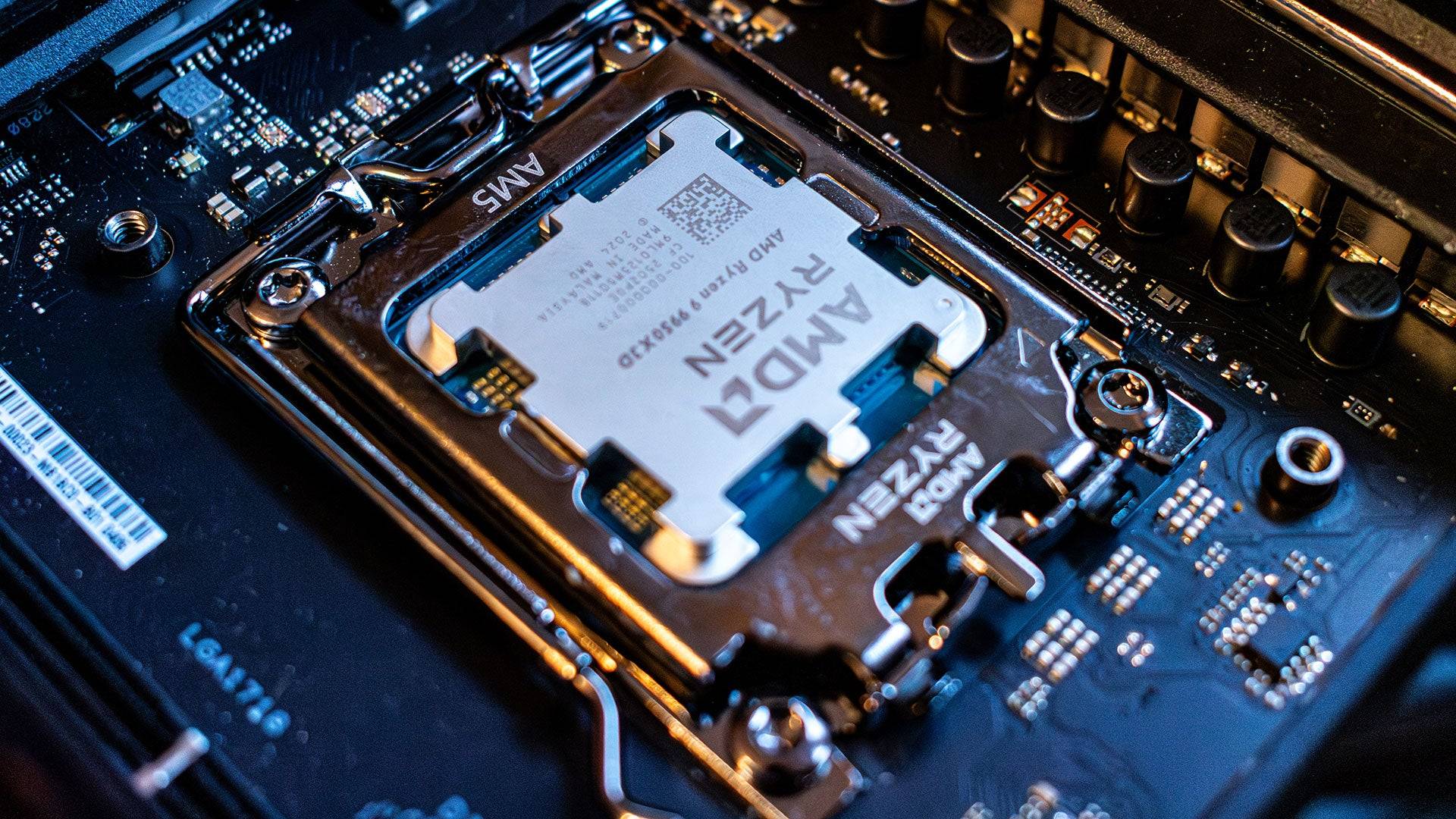
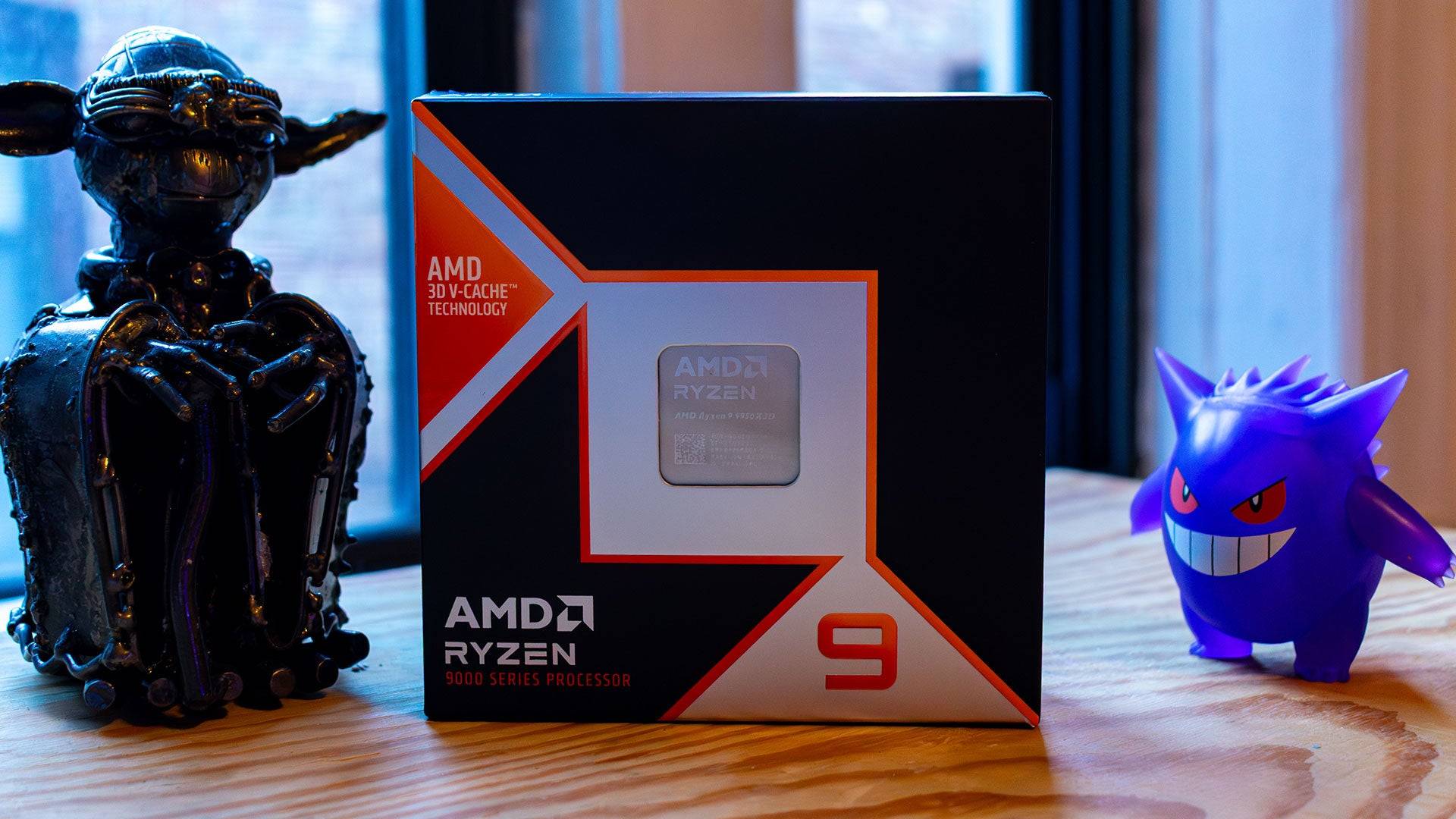 3 Images
3 Images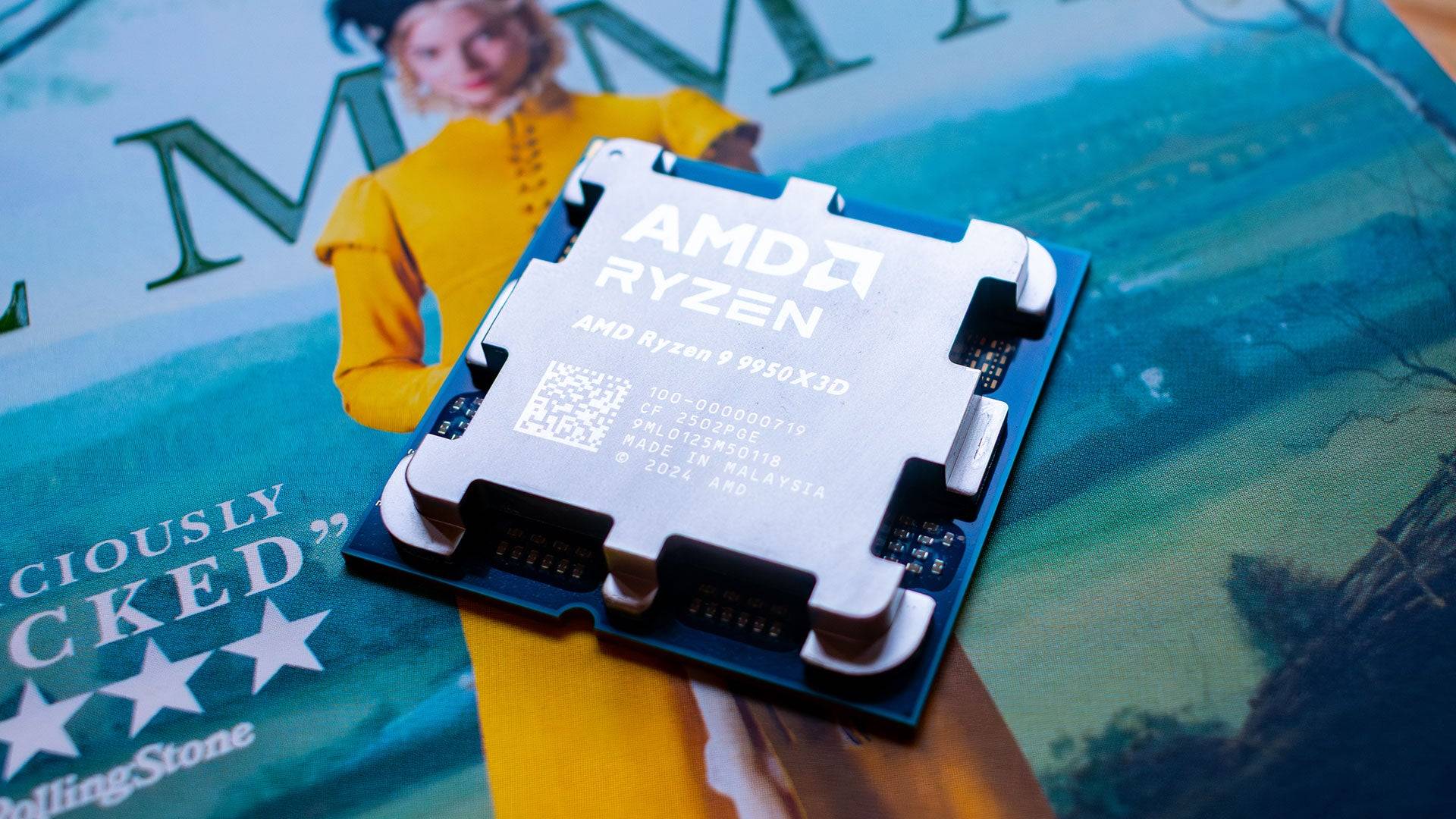
Specs and Features
The AMD Ryzen 9 9950X3D enhances the Zen 5 cores found in the regular 9950X with the new 2nd-generation 3D V-Cache introduced in the Ryzen 7 9800X3D. This combination results in excellent multi-core performance alongside improved gaming capabilities, thanks to an expanded cache.
Unlike its predecessor, the Ryzen 9 7950X3D, the 3D V-Cache in the 9950X3D is positioned below the CPU cores, not above them. This seemingly minor adjustment significantly improves thermal performance. The Core Complex Die (CCD), the main heat producer, is closer to the Integrated Heat Spreader (IHS), allowing for better heat dissipation. Lower temperatures enable the Ryzen 9 9950X3D to operate at higher speeds for longer durations.
The strategic placement of the cache not only aids in temperature management but also reduces data travel distance, lowering latency. Additionally, the 9950X3D boasts a substantial 144MB of combined L2 and L3 cache, matching the last-generation Ryzen 9 7950X3D and surpassing non-X3D processors.
Both the AMD Ryzen 9 9950X and 9950X3D share a 170W TDP, although the original 9950X can have a higher potential PPT. In testing, both processors peaked at 200W, but the 9950X3D maintained a lower peak temperature of 79°C, tested on a different cooler than the original 9950X.
Ffortunately, the 9950X3D uses the existing AM5 chipset, ensuring compatibility with any AM5 AMD motherboard. AMD has committed to supporting this socket until at least 2027, preventing users from being locked into a soon-to-be-obsolete platform.
AMD Ryzen 9 9950X3D – Benchmarks
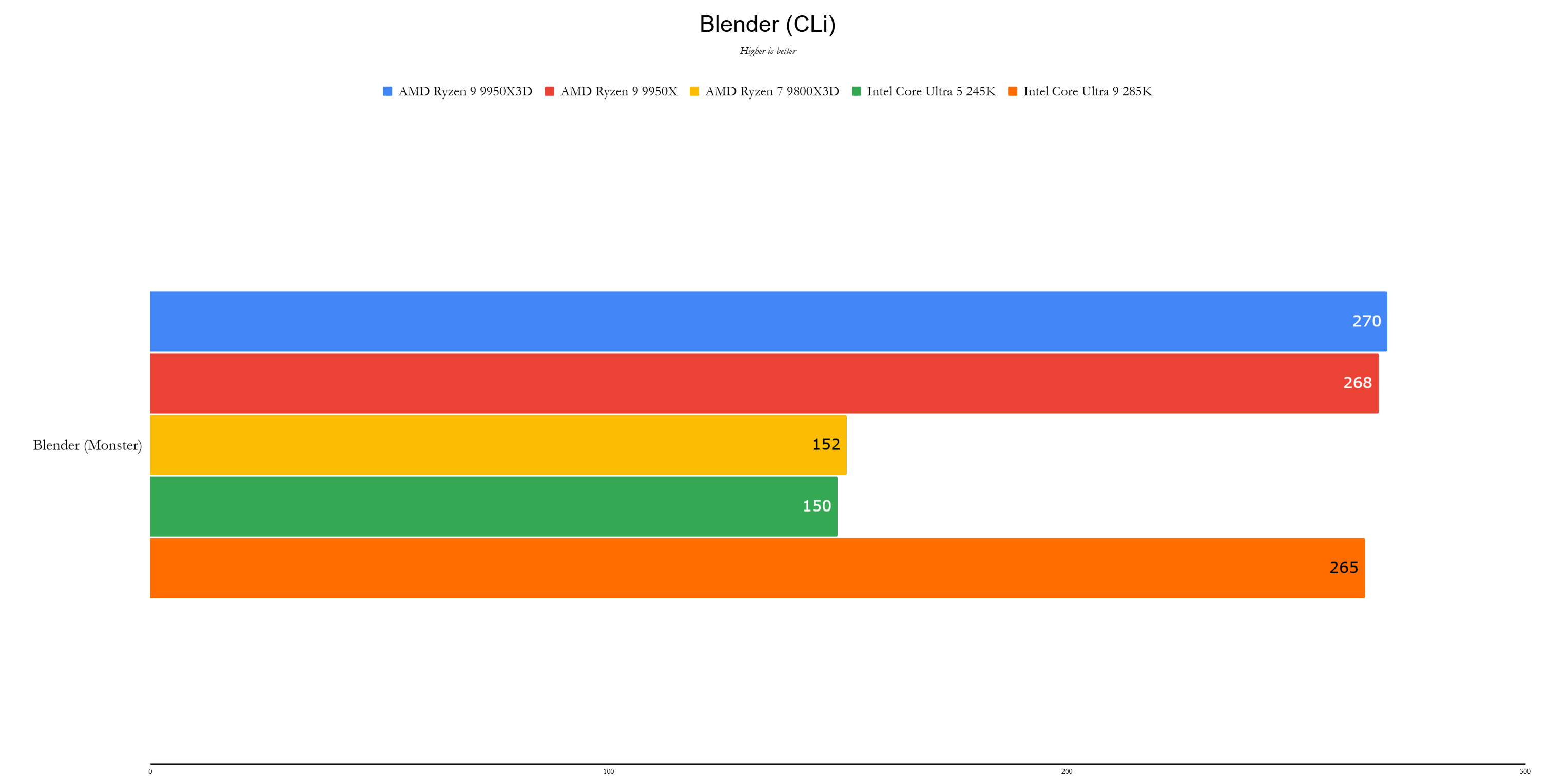
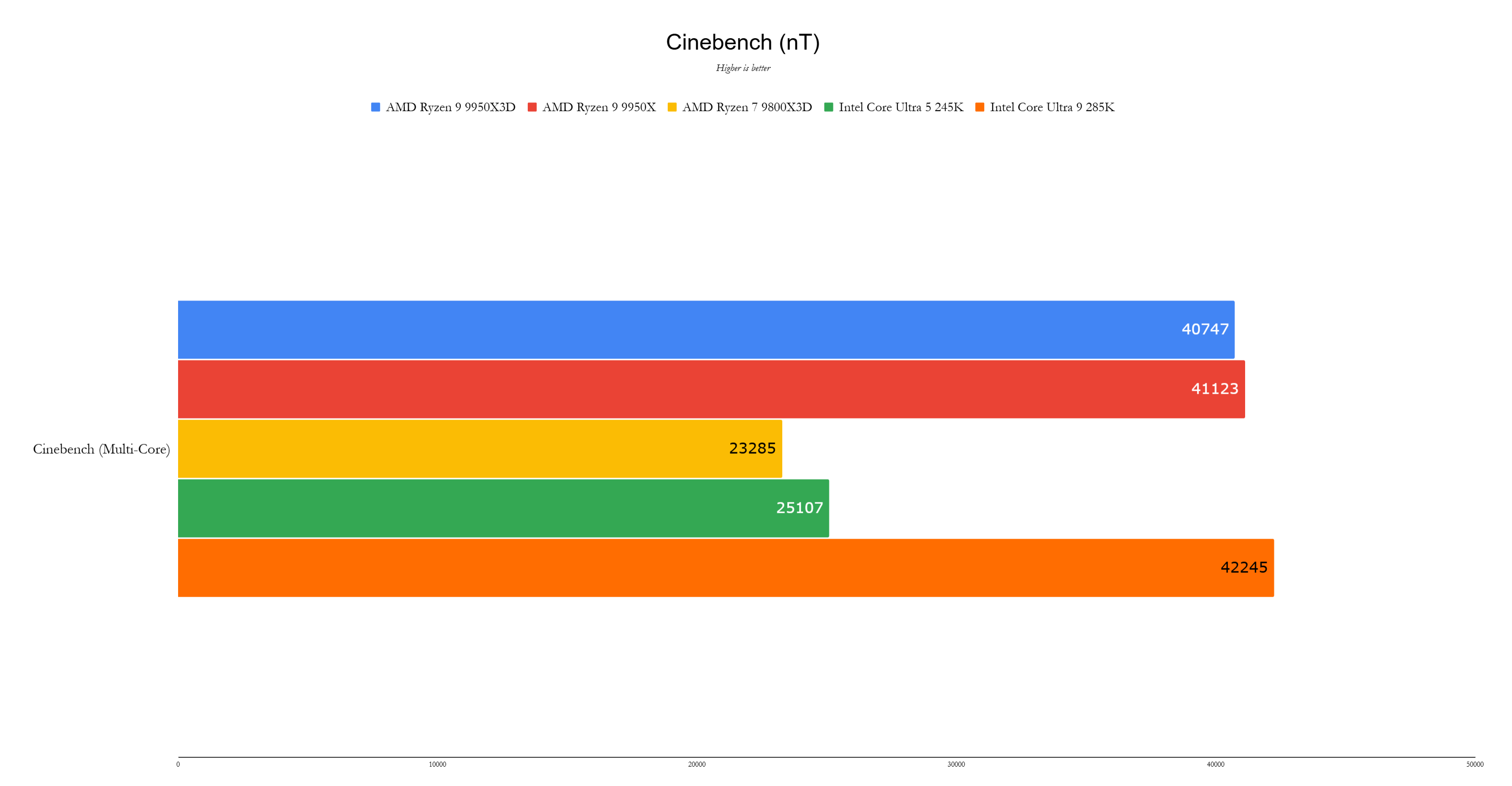 11 Images
11 Images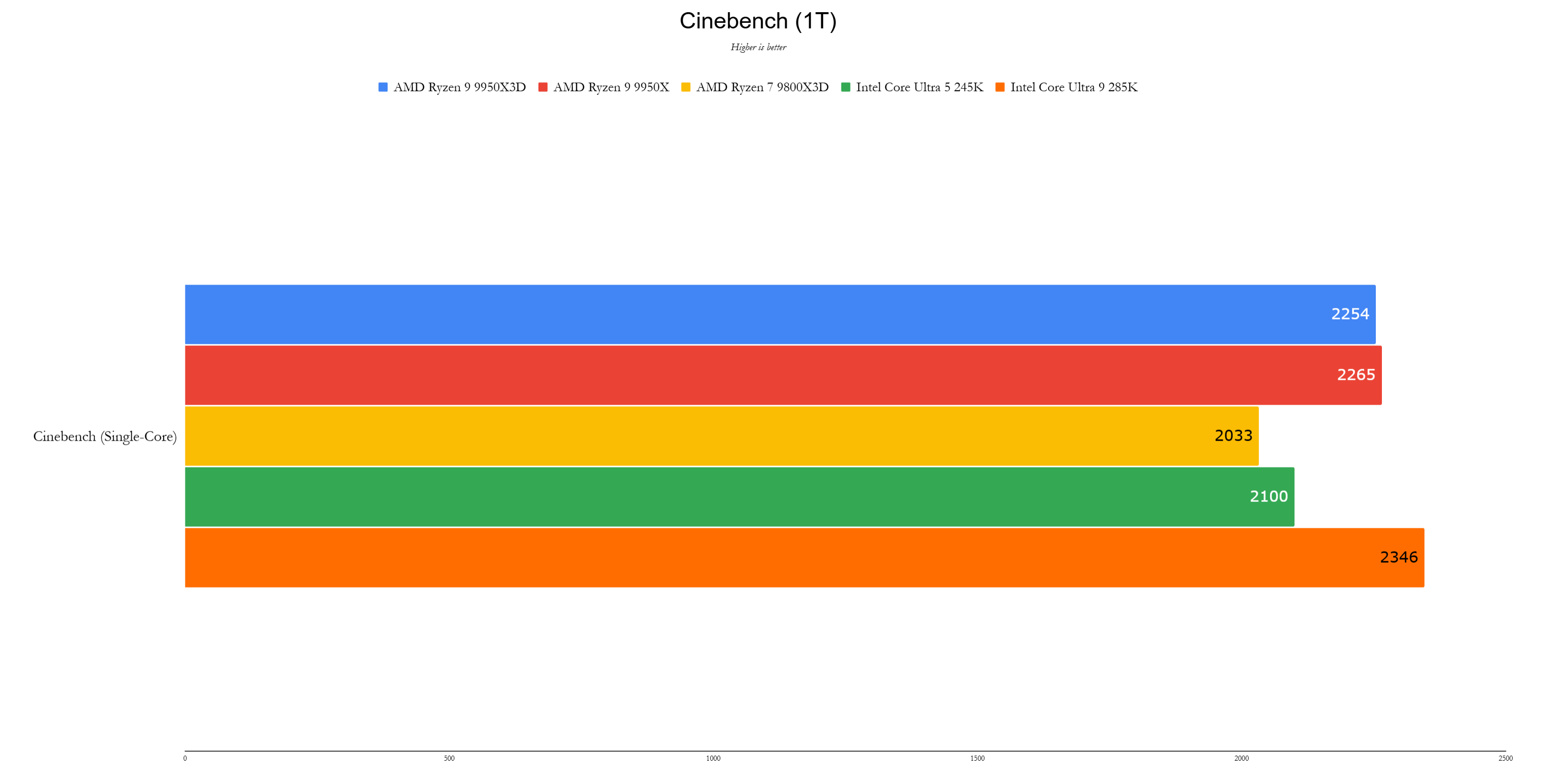
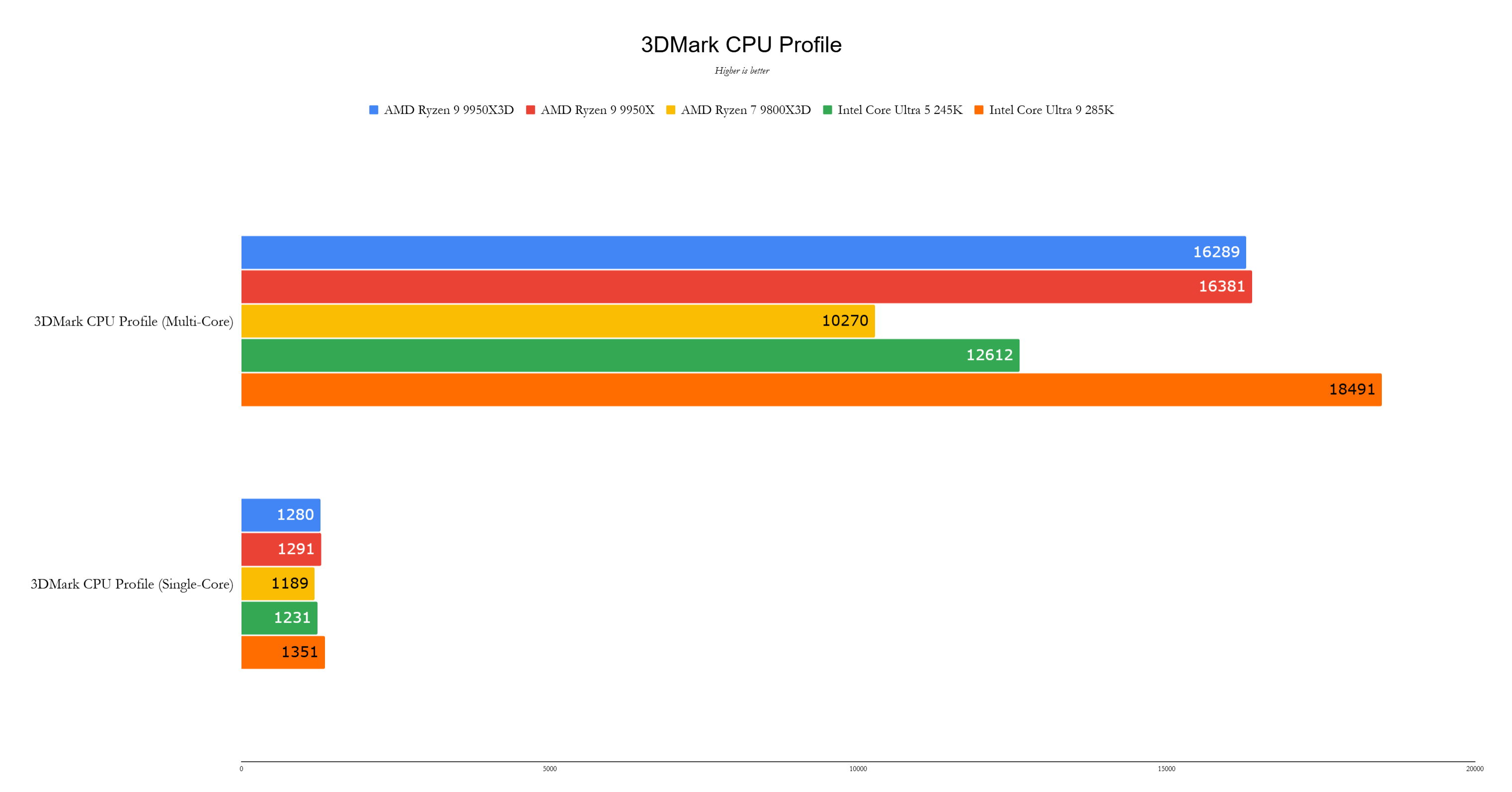
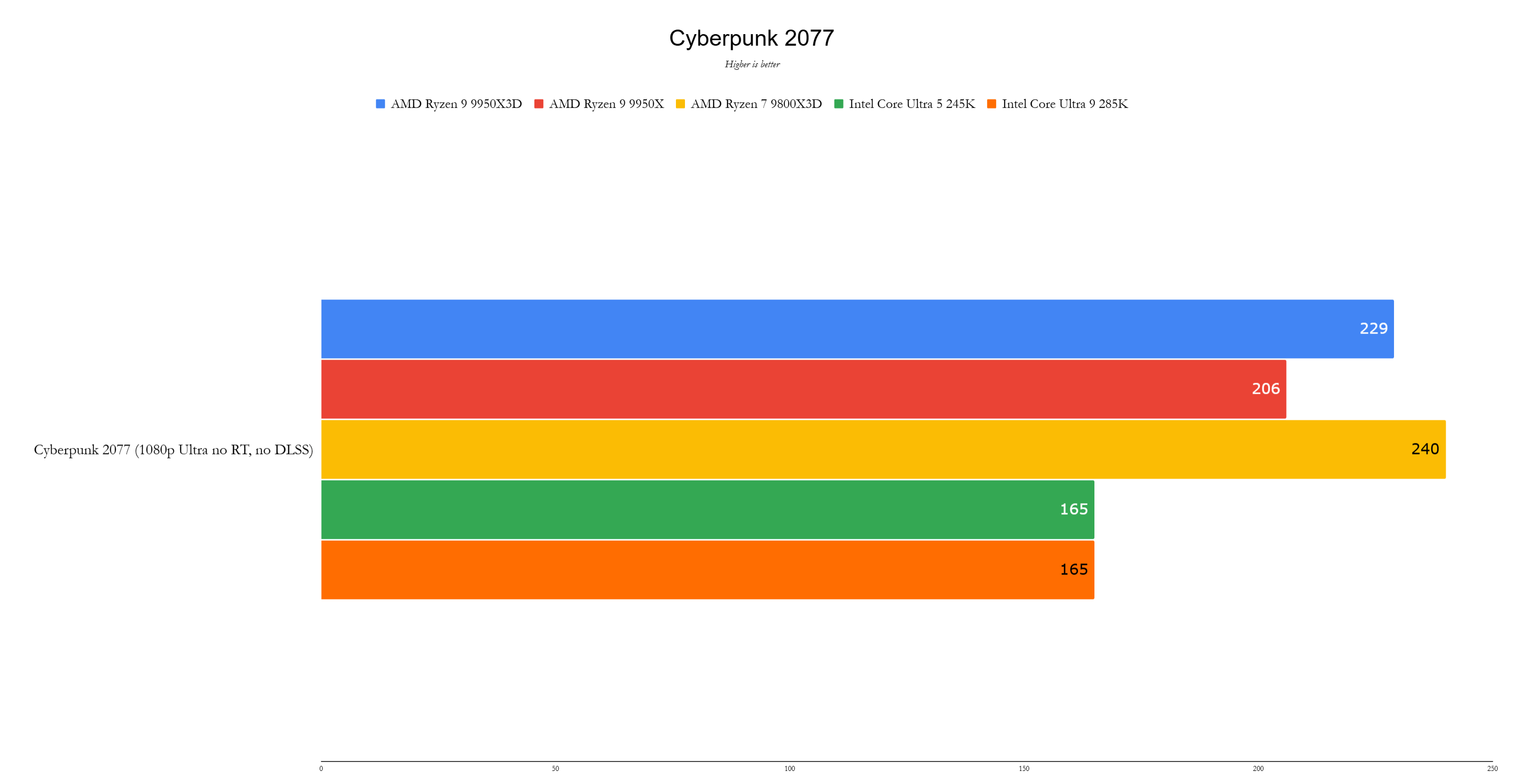
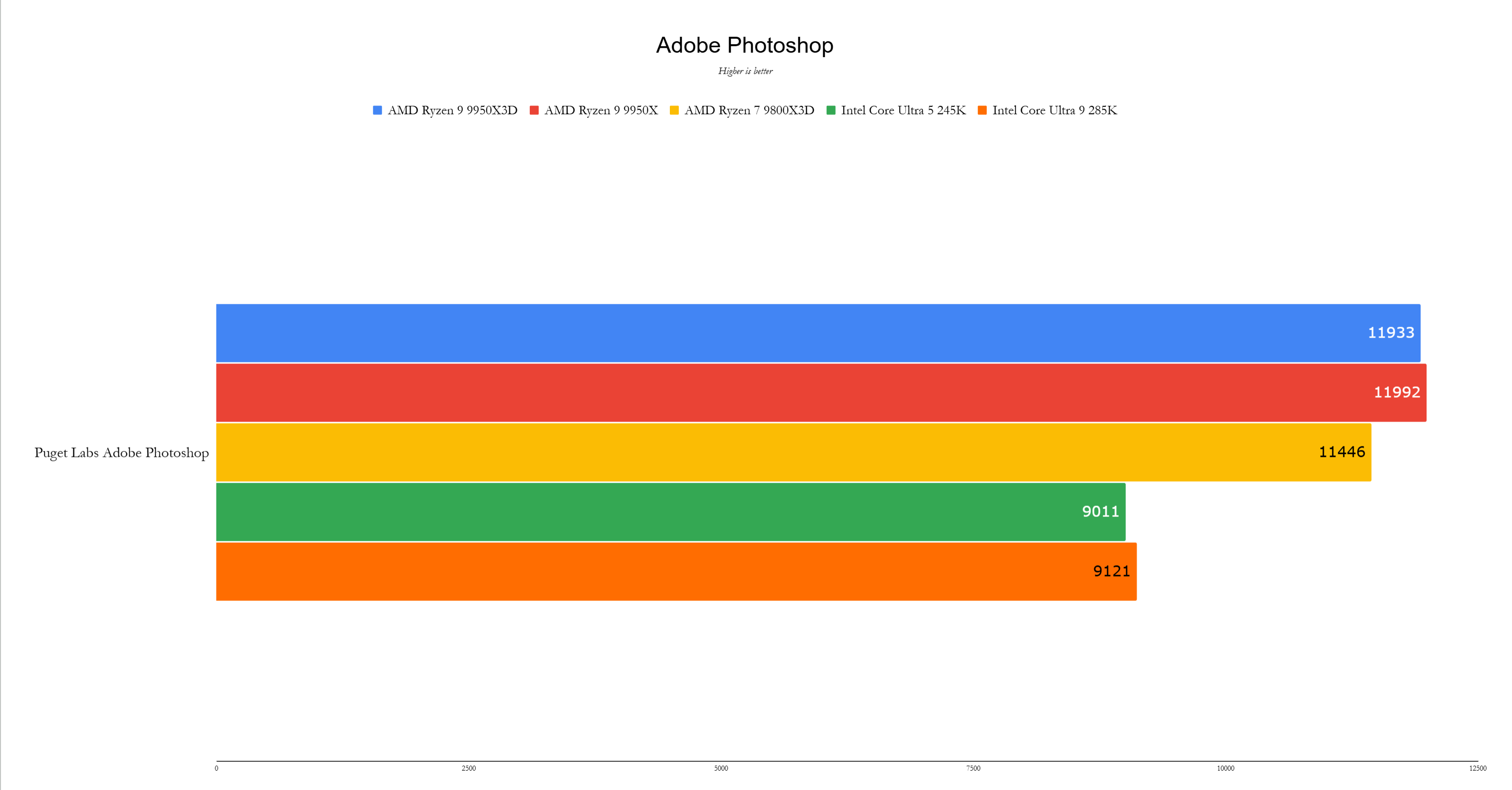
Performance
Before delving into performance results, it's crucial to note that all CPUs were tested on the same hardware, except for the Ryzen 9 9950X, which was tested on an Asus ROG Crosshair X670E Hero motherboard with a Corsair H170i 360mm AIO cooler. While this variation may impact performance, the differences are not expected to be significant, especially since testing was conducted at stock settings.
AMD Test Bench:
- GPU: Nvidia GeForce RTX 4090
- Motherboard: Asus ROG Crosshair X670E Hero; Asus ROG Crosshair X870E Hero (9800X3D)
- RAM: 32GB G.Skill Trident Z5 Neo @ 6,000MHz
- SSD: 1TB PNY CS3140 Gen4x4 NVMe SSD
- CPU Cooler: Asus ROG Ryujin III 360 ARGB Extreme
The testing setup was altered due to a broken mounting screw on the Asus ROG Ryujin III 360mm cooler during the transition to the 9950X. Retesting will be conducted in the coming weeks, and any significant changes will be updated in this section.
The AMD Ryzen 9 9950X3D, with its 16-core, 32-thread configuration and an impressive 144MB of cache, delivers formidable performance. Even in creative benchmarks where the 9800X3D lagged, the 9950X3D competes well with the most powerful chips available.
Intel Test Bench:
- GPU: Nvidia GeForce RTX 4090
- Motherboard: Asus ROG Maximus Z890 Hero (200S); Asus Prime Z790-A (14th-Gen)
- RAM: 32GB Corsair Vengeance DDR5 @ 6,000MHz
- SSD: PNY CS3140 1TB Gen 4 x 4 NVMe SSD
- CPU Cooler: Asus ROG Ryujin III 360 ARGB Extreme
Surprisingly, the 9950X3D performs well against the 9800X3D in single-core workloads. In Cinebench 1T, the 9950X3D scores 2,254 points, a 10% improvement over the 9800X3D's 2,033 points. In the 3DMark CPU Profile test, the 9950X3D achieves 1,280 points, closely trailing the Intel Core Ultra 9 285K's 1,351 points.
In multi-threaded workloads, the Ryzen 9 9950X3D excels, scoring 40,747 points in Cinebench's multi-core test. While it falls slightly short of the 9950X's 41,123 points and the Intel Core Ultra 9 285K's 42,245 points, the trade-off is justified by enhanced gaming performance.
In Total War: Warhammer 3 at 1080p with Ultra settings, the 9950X3D achieves 274 fps when paired with the RTX 4090, outperforming the 9800X3D's 254 fps and the Core Ultra 9 285K's 255 fps. However, in Cyberpunk 2077 at 1080p with the Ultra preset and ray tracing disabled, the 9950X3D delivers 229 fps, down from the 9800X3D's 240 fps, though still significantly faster than the 165 fps from the competing Intel processor.
Overkill?
The AMD Ryzen 9 9950X3D stands as one of the most powerful gaming processors available, yet it doesn't automatically outperform every other chip on the market. For most users, the Ryzen 7 9800X3D, priced at a more reasonable $479, offers sufficient performance. The 9950X3D is best suited for gamers who also engage in creative applications like Photoshop and Premiere, where it offers a 15% performance boost over the 9800X3D. For a pure gaming PC build, however, it might be wiser to save the extra $220 for an upgraded graphics card.






























